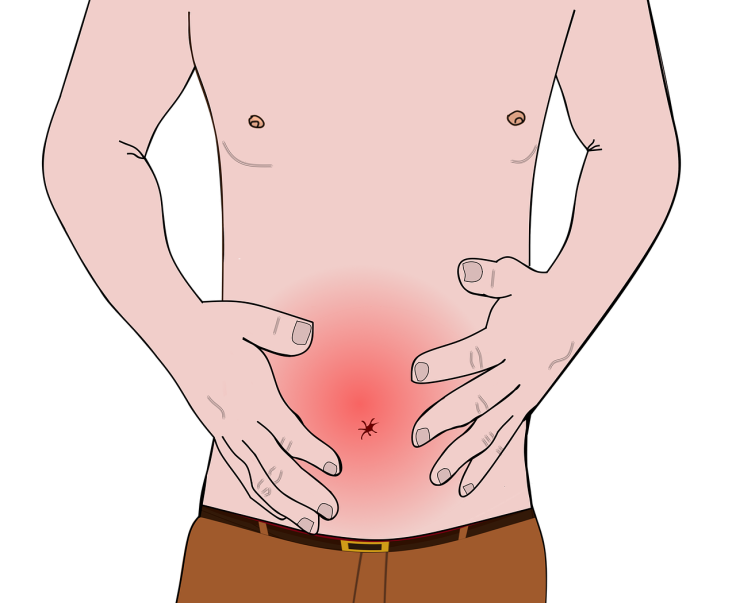Stools With This Color May Signal Onset Of The Deadly Bowel Cancer

It is estimated that bowel cancer kills 16,000 people in the UK annually. That’s more than 43 persons die every day from the disease. According to official statistics, there are around 268,000 Britons who are diagnosed with the disease.
While the ailment is treatable and the chances of survival are huge, the key is early detection. As the disease progresses, the survival rate also drops.
How It Starts
Sometimes referred to as colorectal cancer, the ailment starts in the large bowel, which consists of the colon and rectum.
Bowel Cancer UK published an explanation of how the disease begins and develops. It stated that under normal conditions, the body cells divide and grow in a controlled manner. With cancer growth, this process is disrupted, causing changes in cell growth, which can thrive uncontrollably.
Experts observed that bowel cancers usually develop from pre-cancerous polyps. Not all polyps, however, develop into the deadly disease.
A Common Symptom
One of the most common symptoms of bowel cancer is a reddish stool or streaks of blood in the stool itself. Blood in the stool has many possible causes. It may have been caused by an inflamed blood vessel in the rectum. Blackish or dark red blood may have come from the stomach or bowel.
Other Symptoms of Bowel Cancer
Other warning signs of bowel cancer also include extreme fatigue even without strenuous activity, lump or pain in the stomach area, and unexplained weight loss. An inexplicable and constant change in bowel movement is another common symptom of bowel cancer. Another symptom to watch out for is having the feeling of fully emptying the bowels, causing them not to go to the toilet more often.
What To Do
If you are suffering most of the early warning signs of bowel cancer, immediately scheduling a visit with the GP is a must. This is particularly true if bowel habits have constantly been changing for the past three weeks or more.
Having these symptoms, though, may not necessarily mean you have the disease. There are cases when people suffering from these symptoms do not have bowel cancer. Sometimes, such symptoms are caused by less serious ailments, which include Crohn’s disease, constipation, or irritable bowel syndrome.
Nevertheless, the safest path is to talk to your GP to find out what is ailing you. This is to ensure you have a proper diagnosis, so an effective treatment plan could immediately be put in place.
© Copyright IBTimes 2025. All rights reserved.





















